Article not found
This article is no longer available. But don't worry—we've gathered other articles that discuss the same topic.
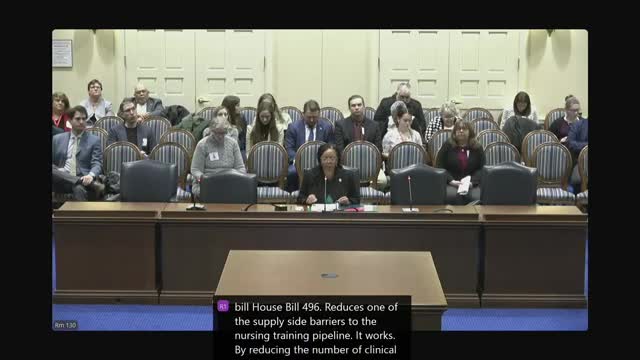
Lottery courier bill divides committee: proponents say digital couriers boost sales; retailers warn of cannibalization
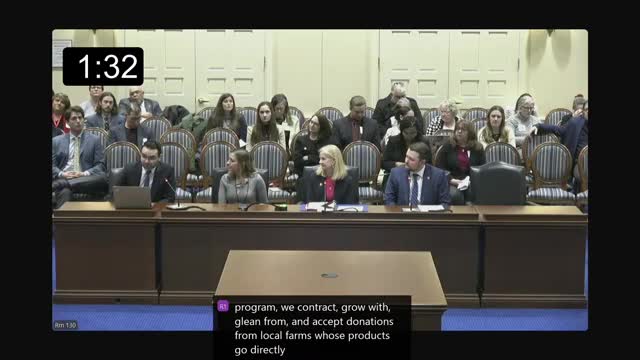
Bill reduces preceptor-hour threshold for nursing tax credit to expand clinical training capacity, sponsor says
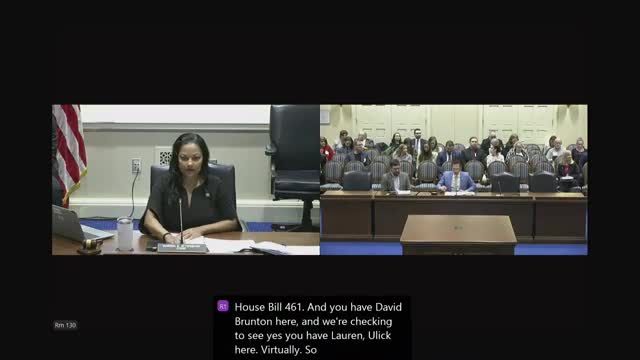
Cut-flower growers seek sales-tax parity with other farm products; sponsors to work on fiscal-note scope
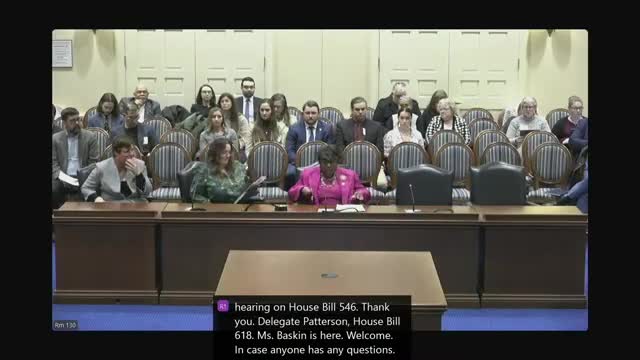
Bill to allow online subscription purchases for state lottery draws draws mixed reaction from retailers and the Lottery
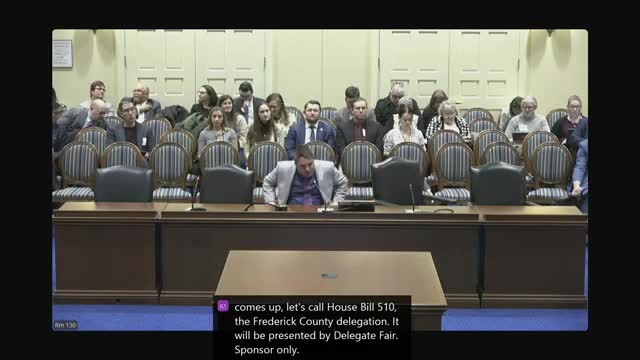
Frederick County delegation seeks permission to accept credit cards for bingo at volunteer fire halls
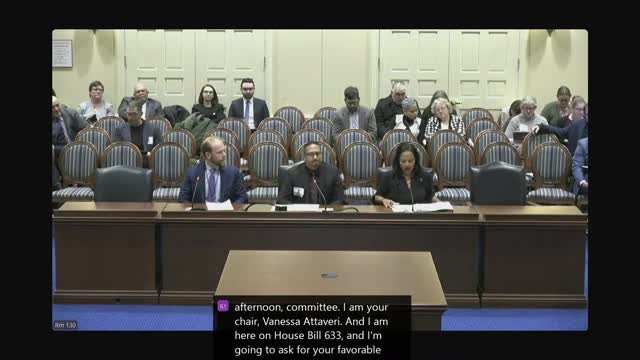
Bill would codify existing rules for arcade-style "skill-based" prize games after agency regulation change drew operator concerns
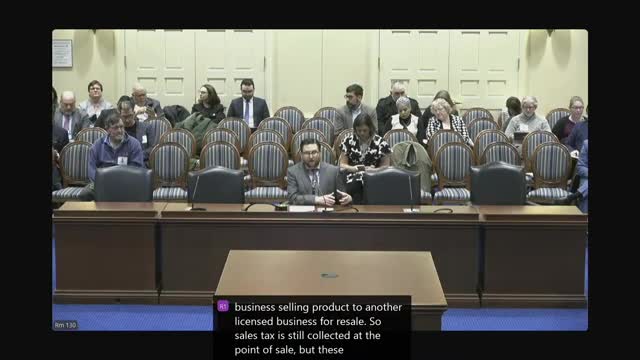
Bill would extend sales-tax exemption to registered cannabis nurseries; a patient and caregiver urged legislature to require licensing instead
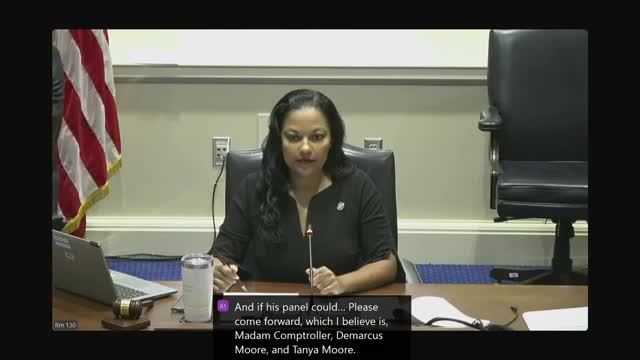
Ways and Means hears bill to create tax reconciliation program for justice-involved individuals

